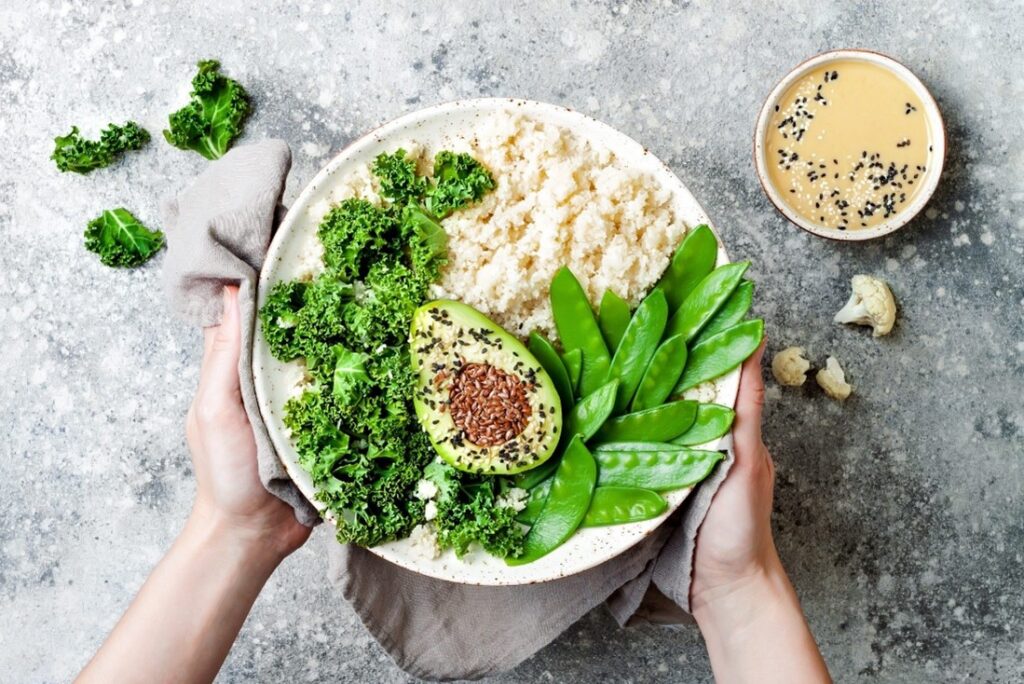Taking care of your mental health is one of the most important things you can do for yourself. By finding healthy ways to think positively or engage in helpful habits, you can live a better and more fulfilling life. With the COVID-19 pandemic, many people have felt significant stress or feelings of isolation, and with the winter months upon us, it’s normal to get a little down sometimes. That’s why we have compiled a short and helpful list to boost your mood and find healthy ways to revitalize your mental health this winter.

1. Wake Up to Natural Light
One of the simplest ways to start your day and kick off your mental health journey is waking up to natural light. This doesn’t necessarily mean rising with the sun at an impossibly early hour but rather ensuring natural light is one of the first things you experience or look at upon waking. Sunlight affects your circadian rhythm, setting your body clock for the day. Looking at natural light first thing in the morning affects the photoreceptors in your eyes which sends a signal to the occipital lobe in your brain, starting the process of movement and waking up. It’s one of the most basic things you can do to get a fresh start in the morning and you’ll feel better doing it.
Sources: Dr. Kasey Nichols, N.M.D.; Suprachiasmatic nucleus: the brain’s circadian clock; What Happens to Your Brain When You Wake Up to Sunlight

2. Get Active
This is a tried-and-true method of feeling better, both physically and mentally. Getting your blood flowing and your muscles moving releases your brain’s feel-good neurotransmitters—endorphins. It helps to relieve stress and anxiety and does wonders to cheer up any mood. Getting a full workout in can be difficult sometimes so even just a quick 15-minute stroll outside is enough to boost your mood and aid any discontent and stress. As a bonus, if you can get yourself outside in the fresh air (yes, even in winter), you’ll end up feeling refreshed and relaxed!

3. Connect with Loved Ones
This one might be a little tricky when many of us are working from home or isolating indoors. But if there’s anything these past years have taught us, it’s the importance of social connection. Speaking with or hanging out with friends or loved ones greatly affects your well-being. In fact, one study even supports the idea that social connection is a significant factor in overall personal health. It’s an opportunity to talk about our lives and our feelings to people we trust. This allows us to unload a little a stress and process our feelings, develop positive thought patterns and eases anxiety or feelings of loneliness. If you’re unable to physically visit people, calling a friend or family member or having a virtual call on Zoom or FaceTime are great options. Also, if you’re in need of someone to talk to, chances are, your friends and family need it too and will appreciate the gesture.

4. Eat Healthy
Ever heard the saying, “you are what you eat?”. The same goes for your mental health. Engaging in a healthy diet is another simple way of boosting your mental health. Foods that support your mood include omega-3s (found in many fish), nuts (almonds, walnuts, cashews), avocados, beans and lentils, dark leafy greens and fresh fruit. Aside from the physiological benefits of eating well, studies show eating too many foods high in sugar or fat leads to inflammation in your body and brain, making you feel sluggish, exhausted and stressed. It creates an unhealthy cycle and habit, making it difficult to overcome, adding to your stress. Look for these brain-boosting foods and implement them into your diet. You’ll move better and finally have the energy to feel better.

5. Write Out Your Gratitude
Need a new way of expressing yourself? Write it out. Gratitude journals are very trendy right now and for good reason. They promote positivity and self-esteem, helping you to see what’s good and important in your life. It’s also a great habit to kick off a new year and a peaceful practice for your mental health. Giving thanks is a simple way of connecting with yourself and developing positive thinking patterns as well as a tangible way of releasing your feelings through pen and paper.
Sources: NPR: If You Feel Thankful, Write It Down. It’s Good For Your Health; Happify: 5 Reasons Keeping a Gratitude Journal Will Change Your Life

6. Bonus Tip: Breathe
This one seems simple but it’s one of the most important. Learning how to breathe in times of stress or anxiety is a game changer. It helps restore oxygen to your brain so you can think clearly and slows your heartrate if it elevates in times of stress. A helpful way to learn beneficial breathing techniques can be found on your phone through apps like Calm or Headspace. Or you can check out these relaxation techniques to combat tension. Trust us, breathe in, breathe out…it helps.
Sources: ANZMH: How Deep Breath Can Be Helpful for Mental Health
Are you focused on your mental health lately? What steps do you take to feel better and think positively? Let us know on social—connect with us on Instagram and Facebook.
More from Lancaster Homes:



